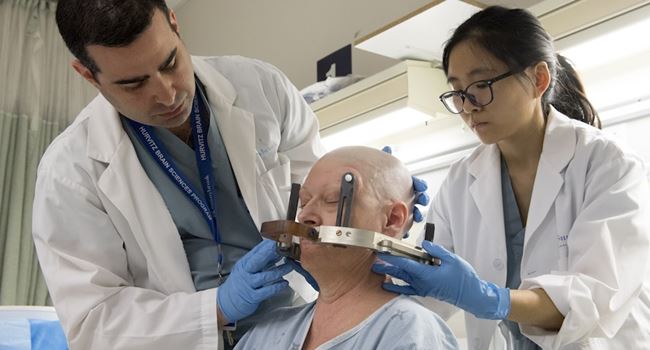News
Scientists develop tech that hinders Alzheimer disease

Researchers at the Technion-Israel Institute of Technology and their partners at Bar Ilan University have developed new technology to inhibit the development of Alzheimer’s disease.
The work was recently published in the journal Small and also appears on the magazine cover.
The research was led by Prof. Ester Segal and Ph.D. student Michal Rosenberg from the Technion Faculty of Biotechnology and Food Engineering and their partners, Prof. Orit Shefi and Ph.D student Neta Zilony-Hanin from the Bar Ilan University Faculty of Engineering.
“In a series of experiments, we showed in mice that the two ways of delivering the platform into the brain led to the desired result. Furthermore, our technology has also been tested in a cellular model of Alzheimer’s disease and indeed, the protein release has led to rescuing the nerve cells,” Michal Rosenberg, Technion doctoral student said.
READ ALSO: Japan’s Yahoo, South Korea’s Line to form largest internet platform
Alzheimer’s, the most common form of dementia, is characterized by symptoms that include memory loss, speech impairments, orientation problems, and significant impairment of motor functions.
The disease primarily strikes the elderly population, and after the age of 85 reaches a prevalence of some 30%.
Due to the increase in life expectancy and the increase in the elderly population, the overall incidence of the disease has grown and is today referred to as the “gray epidemic” or the “21st century plague.”
Join the conversation
Support Ripples Nigeria, hold up solutions journalism
Balanced, fearless journalism driven by data comes at huge financial costs.
As a media platform, we hold leadership accountable and will not trade the right to press freedom and free speech for a piece of cake.
If you like what we do, and are ready to uphold solutions journalism, kindly donate to the Ripples Nigeria cause.
Your support would help to ensure that citizens and institutions continue to have free access to credible and reliable information for societal development.
























